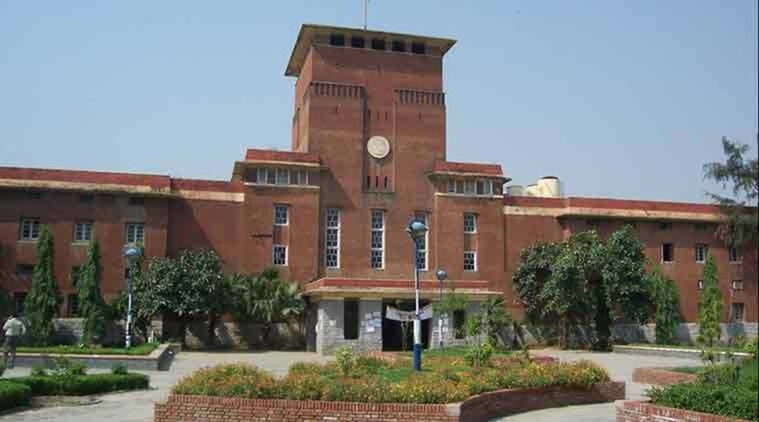- India
- International
Subscriptions to more than 40 databases not renewed in DU, research takes a back seat
According to a source in DU’s library system, the funds for these databases used to be provided till 2014 by the varsity administration from various budgetary heads.
 This drain of research material in the university has taken place through two contemporaneous processes.
This drain of research material in the university has taken place through two contemporaneous processes.
Delhi University has not updated its subscription to over 40 online databases which provide access to journals and other resources, cutting scholars off from vital research material.
This drain of research material in the university has taken place through two contemporaneous processes.
Starting from 2015, the university gradually stopped updating its subscriptions to 29 online databases that it had direct subscription to. These include IEEE Xplore. which provides access to material on computer science, electric engineering and electronics, and has not been accessible since 2016; Emerald Management Extra, which provides access to management journals, and not been accessible since 2015; and Science Direct, which provides research material in physical sciences, life sciences, health sciences and social sciences, and has not been accessible since 2017.
According to a source in DU’s library system, the funds for these databases used to be provided till 2014 by the varsity administration from various budgetary heads.
“Around 39-40 databases continue to be made available through the limited funds which trickle in through a couple of grants. A standing committee on e-resources takes a call on which subscriptions to renew. In the larger interest, those chosen are the less costly ones. Important ones such as Science Direct, at around Rs 90 lakh per year, are too expensive,” the source said.

Varsity’s vice-chancellor Yogesh Tyagi and registrar Tarun Das did not respond to calls, messages and e-mails with queries from The Indian Express.
Adding to this, in 2015, the university had decided to no longer subscribe to print editions of journals it was procuring online. Now, though, even the online access has been lost.
The other source of databases for the university used to be through the UGC-run Infonet Digital Library Consortium launched in 2004, which provided free of cost access to 25 e-journal databases to universities which were a part of its network.
However, this was dismantled and replaced by another consortium called e-ShodhSindhu. In October 2017, universities received a letter from the HRD Ministry stating that the programme would do “collective bargaining” for these institutes for e-journals required by them. What this essentially meant was that the institutes would provide a list of e-journals its students and faculty need, the portal’s Negotiating Committee would negotiate prices on behalf of them, and the institutes would pay the negotiated rates directly to the publisher. This requisition list was to be sent by November 10, 2017.
Delhi University never sent a requisition.
In the meantime, professors find themselves relying on their personal and professional connections to help research scholars under them get access to the resources they require.
“We have friends in other institutions so we have to ask them to help us access resources. If our students need something, we send them to other institutions. They also form friendships with students elsewhere who can help them get access. It is kept going through personal relationships. Access to journals and vital resources like SciFinder (which was available through the UGC digital consortium) is extremely important to research because it is needed to keep in touch with the latest developments in our fields,” said a professor in the university’s chemistry department.
The professor added that the effects of cutbacks on research facilities will begin to show in a few years: “The entire process of publication and completing a project takes time but the effects will tangibly show in about two-five years.”
Apr 25: Latest News
- 01
- 02
- 03
- 04
- 05







































